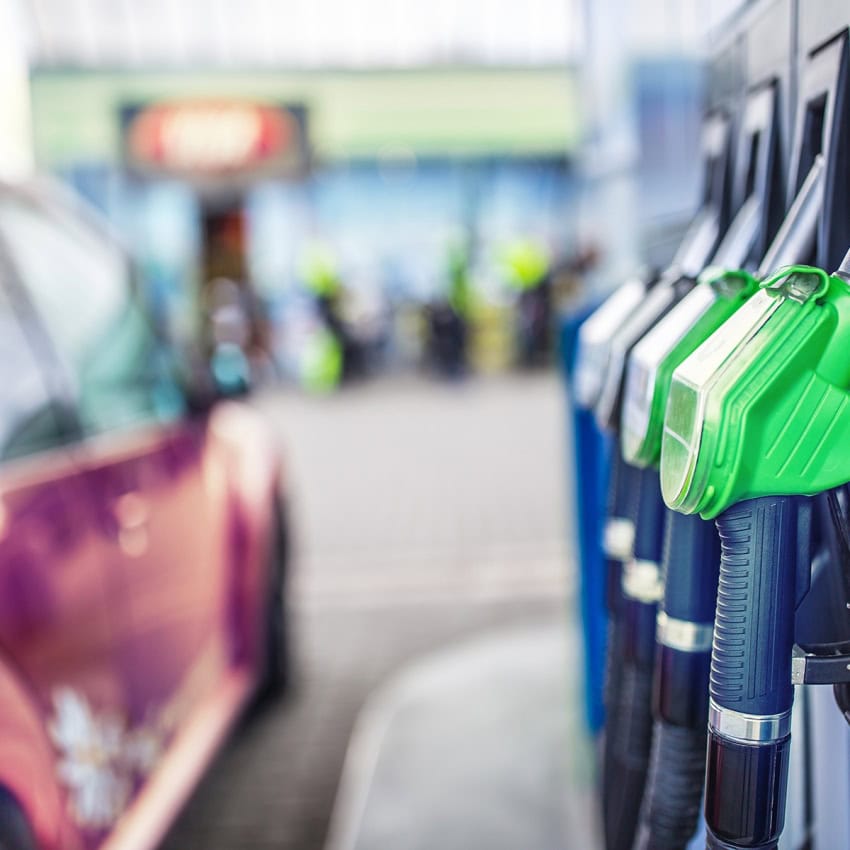Yes, we have heard the age old narrative that hybrid cars are economically feasible, eco-friendly, and give better mileage. However, the fact remains that it is an expensive decision to the point of being an overpriced decision from the word go. The upfront cost of owning a hybrid car is high as it is but maintenance and the upkeep itself can cost you a fortune.
From the outside, it may seem like the more responsible decision to protect our environment, but in reality, it damages our surroundings in more ways than one by using up a large amount of energy and resources. It is a trend that began with a bang but is about to die its long-awaited death.
In a country such as Pakistan, where the majority of our electricity is produced using fossil fuels and imports exceed $70 billion, it isn’t economically and financially feasible for the government to provide duty or tax concessions for expensive technologies such as hybrids, vehicles whose payback is as high as over 7 years or 200,000 km. Take a look at the table below to understand how that happens.

Hybrid cars are usually manufactured with the objective of improving fuel efficiency and reducing carbon emissions. The designers and engineers are required to design each part of the car to meet these requirements. This is why hybrid vehicles are fitted with low friction tires and a more efficient air-conditioning system among other things, which add a lot of extra weight to the car. These affect the overall performance of a hybrid vehicle.
Because of the complexity of their engineering and manufacturing, hybrid vehicles are comparatively more expensive than their ICE counterparts. They come with one or more electric motors, a large battery pack, and an enhanced cooling system. All of this added technology in a hybrid car can greatly impact maintenance costs. This can go even higher if the car is involved in an accident and sustains damage.
That’s not all. Hybrid car insurance is $41 more expensive per month than the average car insurance rate in America. This is because of the increased purchasing price of hybrid vehicles, the nature of most hybrid buyers, and the cost of complex hybrid technology.
Hybrid cars work best in warmer climates and are best suited for city-wide usage. You can’t use it for long-distance travel which defeats the entire purpose of covering more distances using less energy. However, with their level of complexity, extra weight, and high price points, it might not be the most feasible purchase to make. For all we know, it is about to become a myth, a thing of the past, really soon.














